Updated: March 11, 2021
Project Update
In December 2021, UBC launched it's Climate Action Plan (CAP 2030). Visit the CAP 2030 website to learn more about the Plan's targets, actions and strategies.
Overview
CAP 2030 at UBC Vancouver is building on earlier climate action plans, the climate emergency engagement process, and successes in climate change mitigation and action, which have resulted in significant emissions reductions from core operations. However, CAP 2030 is enabling UBC to accelerate the pathway to becoming net zero through clean energy solutions and energy-efficient technologies, as well as identifying new ways to reduce emissions in areas that every university community member has influence over including commuting, food, waste, and business air travel.
Emerging directions and draft targets for CAP 2030 were presented to the Board of Governors in February 2021. The final CAP 2030 will be presented to the Board of Governors in November 2021 and will incorporate direction from the Board of Governors, refinement of targets and actions through on- going studies, as well as input received through public engagement.
Campus Engagement
From March 29 – April 16, 2021, the Campus and Community Planning team lead an engagement process for the entire university community. This was an opportunity for staff, students and faculty to learn about the emerging CAP 2030, ask questions, and share perspectives.
Through our online survey and virtual events, we heard from 764 participants about the emerging CAP 2030, and the barriers and opportunities for climate action on campus.
Feedback received focused on indirect emissions, which are emissions that are related to individual behaviors such as commuting, food choices and waste.
What We Heard
Below is a snapshot of the main themes that we heard from the UBC community during the public engagement period.
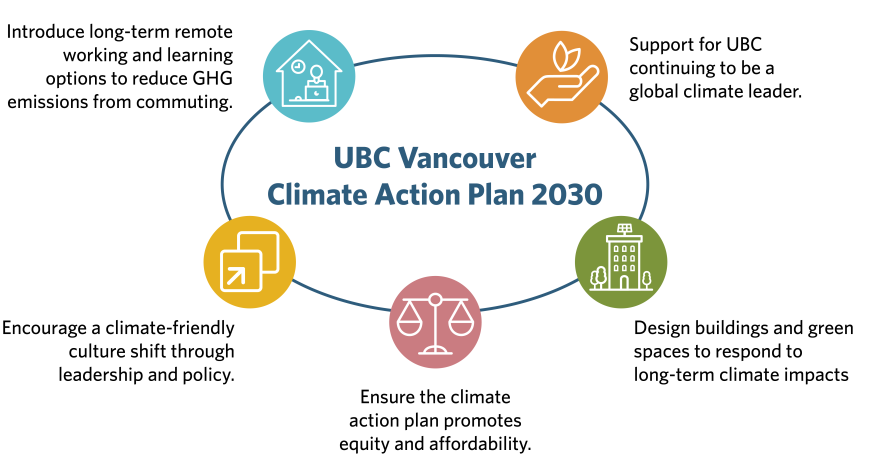
You can also read our Engagement Summary Report to learn more about our public engagement process and the feedback that was collected during this period. Included in this report are the detailed comments received through our public engagement activities, and verbatim survey responses.
Here’s how you can take-action now
The final CAP 2030 will be presented to the Board of Governors in November 2021. But you don’t need to wait until the plan is finalized to start taking action on climate change.
For details on the UBC Vancouver CAP 2030 emerging directions and draft targets, click on the expandable menu items below.
Climate Action Timeline
2010
UBC adopts first Climate Action Plan
Identified UBC Vancouver's first vision for climate action.
2016
Major update to the Climate Action Plan
Outlined actions for reducing greenhouse gas emissions by 67% from 2007 levels by 2020.
December 5, 2019
UBC declares Climate Emergency
The declaration received unanimous support from the Board of Governors.
Spring 2020
Climate Emergency Engagement process
An extensive community consultation process consolidated input from both in-person and online consultations to inform the Climate Emergency Task Force.
May 2020
CAP 2030 process launches
Working Groups formed around each of the priority areas for CAP 2030.
Summer/Fall 2020
CAP 2030 emerging directions and draft targets confirmed
Developed by the Working Groups.
February 2021
Emerging Directions presented to the Board of Governors
A report for both campuses was presented.
March/April 2021
Public Consultation on CAP 2030
Public engagement around the Emerging Directions and Draft Targets.
Spring- Fall 2021
Draft CAP 2030
Will be informed by direction from the Board of Governors, public consultation, and further studies.
November 2021
Present CAP 2030 to the Board of Governors
Final approval of CAP 2030 for both campuses.
Questions?
Check out an FAQ about the CAP 2030 consultation.
If you have additional questions, reach out to Madeleine Zammar, Manager of Engagement at: madeleine.zammar@ubc.ca.


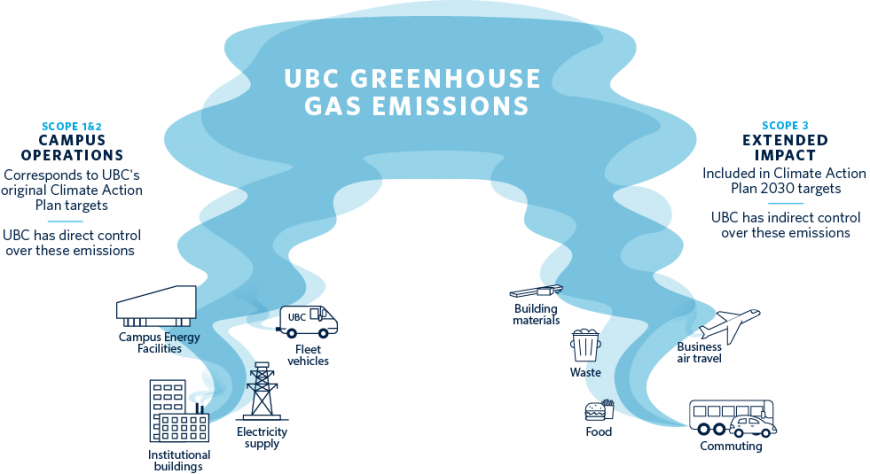
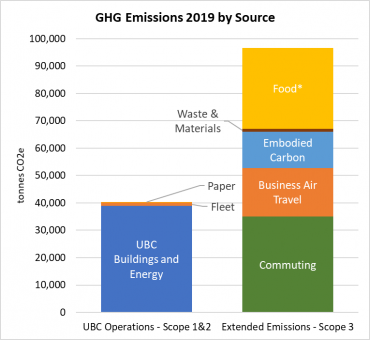
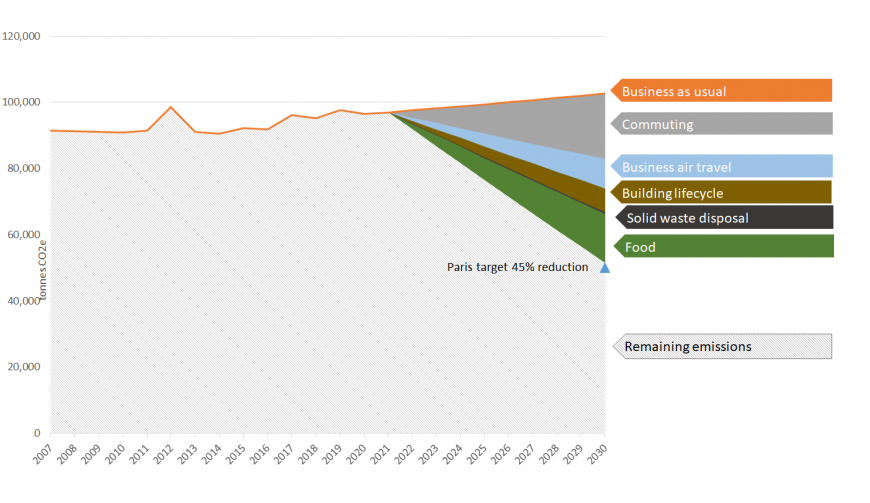
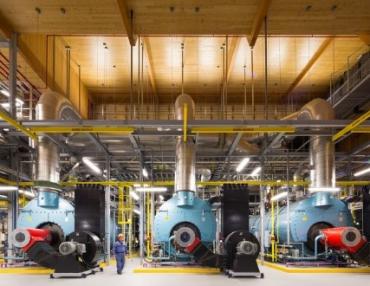
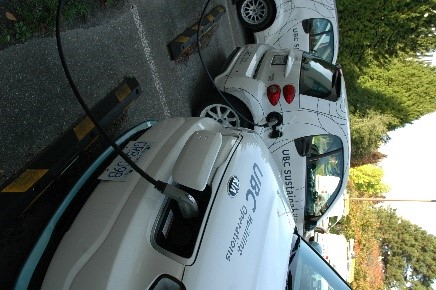
 By 2030, achieve a 45% reduction in commuting emissions from 2010 levels.
By 2030, achieve a 45% reduction in commuting emissions from 2010 levels. By 2030, achieve a 50% GHG emission reduction associated with food systems.
By 2030, achieve a 50% GHG emission reduction associated with food systems.